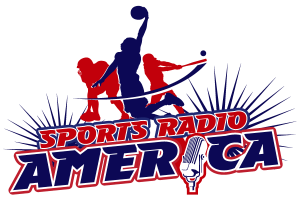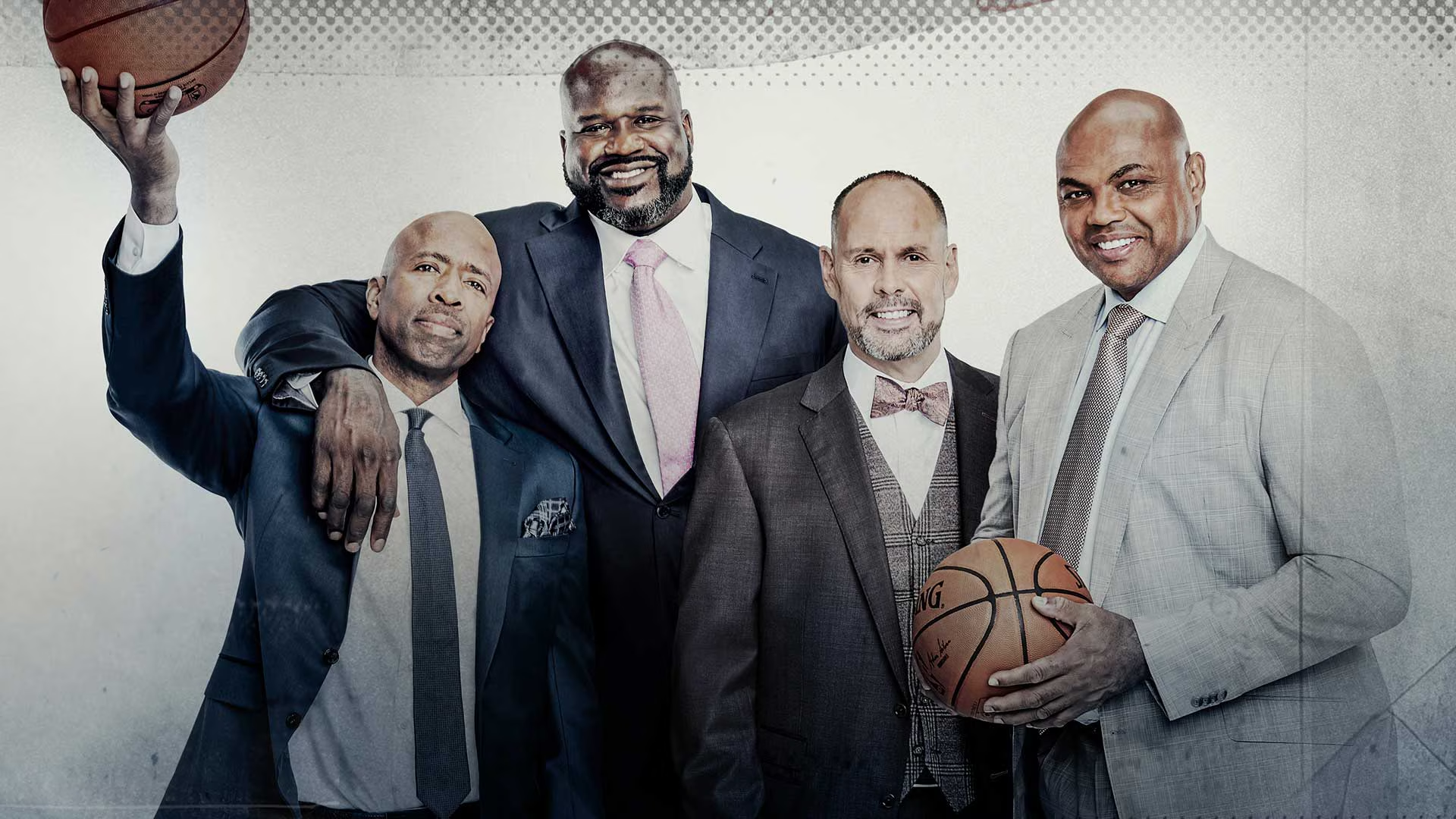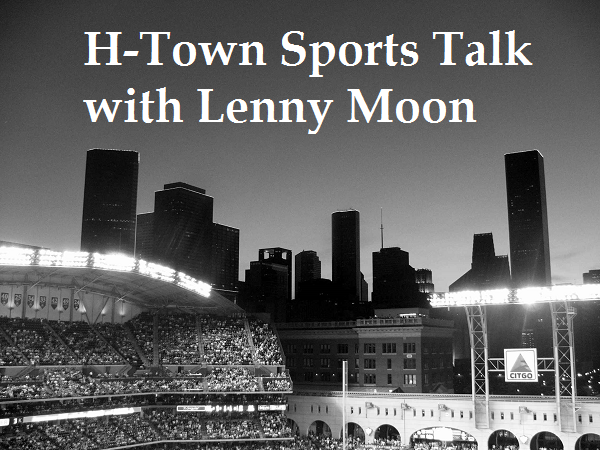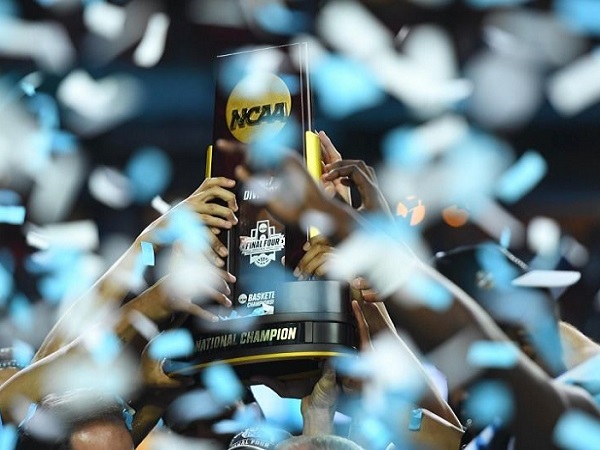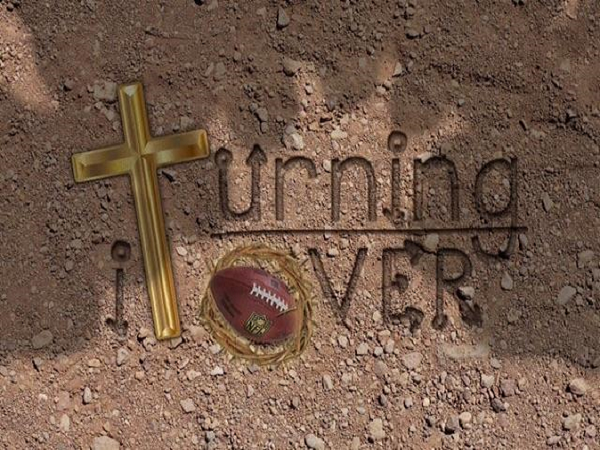Turner “Tfue” Tenney is a popular esports gamer who was represented by Faze Clan, an esports representation organization. Until Tenney filed suit against his former representatives for unfair business practices and a violation of the Talent Agencies Act (“TAA”), Faze Clan would take a percentage of Tenney’s endorsement deals and winnings from tournaments. The relationship does not seem much different from a sports agency model for an athlete or an entertainment agency representing talent. However, the lawsuit raises questions as to what law regulates representatives of esports gamers?
This article discusses five possible scenarios to assist in regulating representatives and protecting gamers in the esports industry.
Start a Union
Unions have done some great things for labor, especially in the sports and entertainment industries where there is constantly a battle for leverage between management/ownership and the talent. That leverage space is where dealmaking is at its very best where each party is always trying to move the needle in their direction. However, unions are the not the answer to everything and of course individual athlete sports do not have unions and it is likely that many in that space would not complain since talent teams are allowed to secure deals according to their own understanding.
Esports are a Sport and Gamers are Athletes, the Miller-Ayala Act applies
Normally in California, if you want to represent a professional athlete, you have to file a simple Athlete Agent Disclosure Statement and pay a small fee. If you represent an athlete that plays in a league that has a union (NBAPA, NFLPA, NHLPA, MLBPA, or MLSPA) then you will have to generally take a test, fill out an application, and pay a fee. Attorneys fall somewhere in legislative purgatory because they are licensed to practice law, but must also get an agency license and separate business if they want to represent talent for doing legal things like negotiating contracts, term sheets, drafting contracts, and, you know, dealmaking.
Esports are Media and Entertainment, the Talent Agencies Act applies
Years ago, this nifty little legislative carve out, some would refer to it as a monopoly and restraint on trade, and possibly worse the unauthorized practice of law, the TAA was signed into law at the push of some in Hollywood who wanted more control and less competition in the industry. Now, however, there are some terrific agents and leaders in industry who have been trusted and delivered on major deals for their clients. It is also true that many agents graduated from law school and either decided not to practice law or practice law on a limited basis.
Esports are something completely new, and “influencers” need a new regulation
What would an influencer law look it and who would it cover? One argument is that influencers are entertainers and that the Talent Agencies Act applies especially where deals are procured for the gamer. An argument that the sports agency rules apply would be a stretch at best unless the influencer was an athlete in some sport, but then the influencer would be an athlete who also does influencer promotions.
Esports and the Entire Industry Needs a Revamp
The truth is the industry is changing. The entertainment, media, and sports industries still have their industry channels and established content, but it is likely that a new model is needed. The Tenney v. Faze Clan case is an example of the issues in entertainment and sports dealmaking in general: a lack of regulation and/or confusing and outdated regulation that favors the few.
